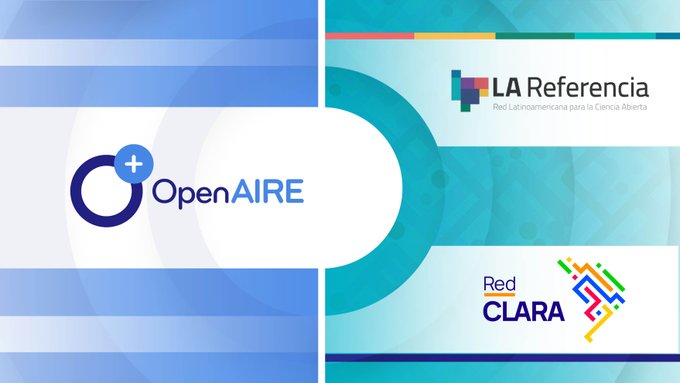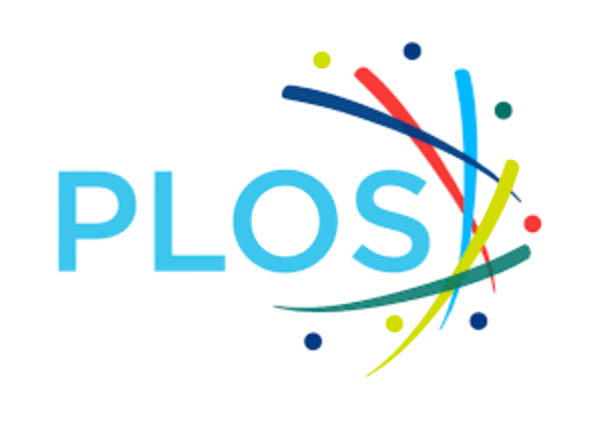Action Plan for Open Repositories in Europe: IMPACT-REPO

LIBER, OpenAIRE, SPARC Europe, and COAR are publishing a plan of action to strengthen and future-proof research repositories in Europe.
A robust repository network is key for safeguarding Europe’s research production and advancing scientific excellence in Europe. And while currently, Europe has one of the most well-developed networks globally with hundreds of repositories, there are low levels of awareness about their important role in the ecosystem.
The IMPACT-REPO action plan aims to address this lack of visibility by articulating four key portraits of the role of repositories: Repositories for impact, inclusiveness, trust, and innovation.







